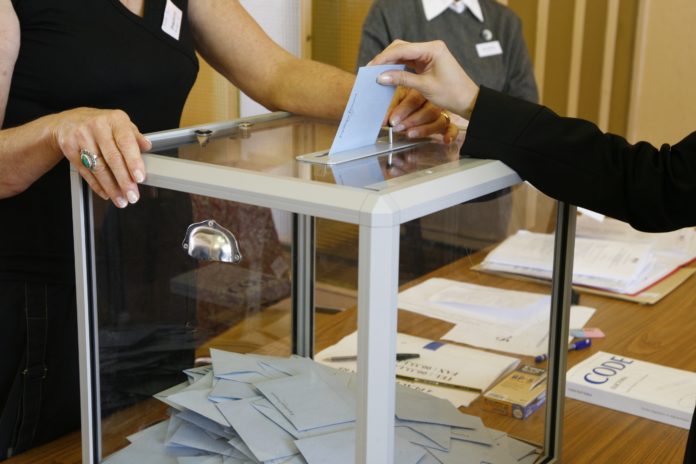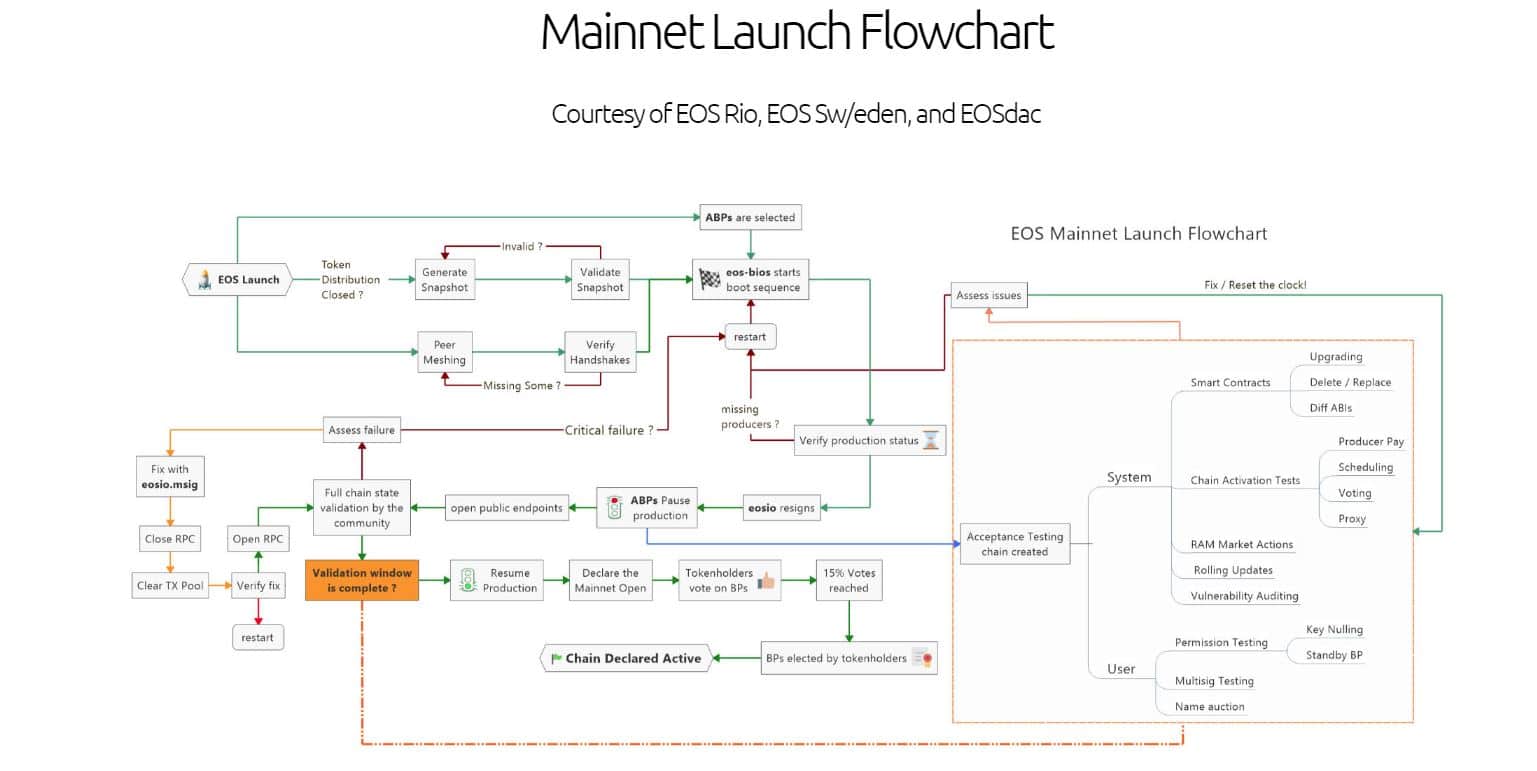
EOS is a major blockchain project which is worth $11.8 billion – a figure which becomes even more staggering when you take into account that the network hasn’t even been launched yet.
It was created on the Ethereum blockchain with the aim of eventually competing with it by improving on a number of features, the main one being scalability. This promise raised it no less than $4 billion dollars over its year-long ICO, and it was supposed to finally be launched on its own blockchain in the beginning of June. However as we reported last week, this was a no-go.
Help us make Finance Magnates better!
So what exactly is holding it back?
We reported at the beginning of May when a Chinese security firm found a bug in the EOS code that could theoretically have been used to create tokens out of thin air. That same firm found an additional flaw at the end of May, one which could be used to take control of the whole system.
EOS responded to both complaints; regarding the first, CTO Dan Larimer said that the flaw was the result of poor coding rather than the system being badly designed, and regarding the second, EOS undertook to fix it before launch. As we reported at the time, this second problem was already threatening to push back the launch date, although EOS was quick to refute this:
Media has incorrectly reported a potential delay in the release of EOSIO V1 due to software vulnerabilities. Our team has already fixed most and is hard at work with the remaining ones. EOSIO V1 is on schedule; please stay tuned to our EOSIO channels for official information.
— EOS (@EOS_io) May 30, 2018
However, as reported by The Next Web, the very day after this posted message, block.one (the company that operates EOS) issued an open invitation in Medium for people to hunt for undiscovered bugs in return for monetary rewards (“Block.one is excited to engage the developer community to help us to continue to secure the integrity of the EOSIO software.”). While this can be interpreted as a responsible move in and of itself, it was not reassuring coming as it did a few days before the official launch.
What was less reassuring was one hacker making thousands of dollars in this way in only a week:
Thank you. A couple more waiting to be rewarded. I think the final tally was $120K but I lost count. Took me about a week.
— Guido Vranken (@GuidoVranken) June 4, 2018
There was also a widely publicised hack in which scam emails were sent from the account of block.one. Millions of dollars worth of EOS and Ethereum tokens were reportedly stolen, although no accurate summation of the losses is available.
However the main problem holding up the launch is none of these issues – it is the voting issue.
Neither decentralised nor democratic
The EOS blockchain will be validated by no more than 21 nodes at any one time. These nodes are called ‘block producers’. They will be elected via community vote and regularly have to stand for re-election.
This is a system designed to negate many of the problems caused by the proof-of-work consensus system, as I explain in this article. However, it has no shortage of its own problems before even being initialised.
The main one is the integrity of the blockchain. Proof-of-work, as used by the Bitcoin blockchain, is a problematic system in many ways, but it is foolproof in terms maintaining the decentralised nature of the network. It is this which gives it value in the first place.
As we have seen with other projects, EOS aims for a faster and more efficient network that can be scaled up. However achieving this goal may mean that it is compromising on too much of what makes a blockchain a blockchain.
To wit: the blockchain is planning to launch with ‘Appointed Block Producers’ who will be “immediately replaced by the Elected Block Producers (BPs) that have been voted in by the community upon activation,” according to the official EOS timeline. The APBs are to be chosen randomly. Confused? Just look at this easy-to-follow diagram:
Eric Wall, a Swedish cryptocurrency engineer, discovered that the plan is now to use one block producer to launch the system:
Now, something appears to have thwarted this plan. Based on something discovered on the different testnets, Dan Larimer instead recommended the BP community over Telegram to instead use only a single (!) ABP to hold the election just days before the launch. pic.twitter.com/wbacNsyzCe
— Eric Wall (@ercwl) June 9, 2018
I recommend reading that very interesting, and worrying, thread. To summarise: the manner in which the system is launched is key to the integrity of the subsequent blockchain. One block producer, who isn’t even known, will have complete control over which votes are counted and which not.
A member of the EOS team replies to Wall’s concerns, and the reply does not exactly allay concerns:
Q: Why 1 ABP?
A: Simplicity of coordination.— EOS New York (@eosnewyork) June 9, 2018
I’ll leave you with a word from Ethereum founder, Vitalik Buterin:
Why don’t they just run the vote on an ethereum contract? ……..
— Vitalik “Not giving away ETH” Buterin (@VitalikButerin) June 10, 2018

Financemagnates.com is author of this content, TheBitcoinNews.com is is not responsible for the content of external sites.
Our Social Networks: Facebook Instagram Pinterest Reddit Telegram Twitter Youtube












